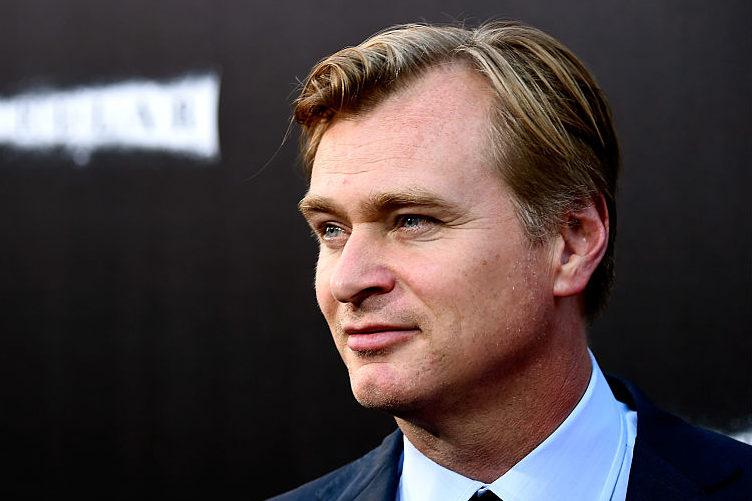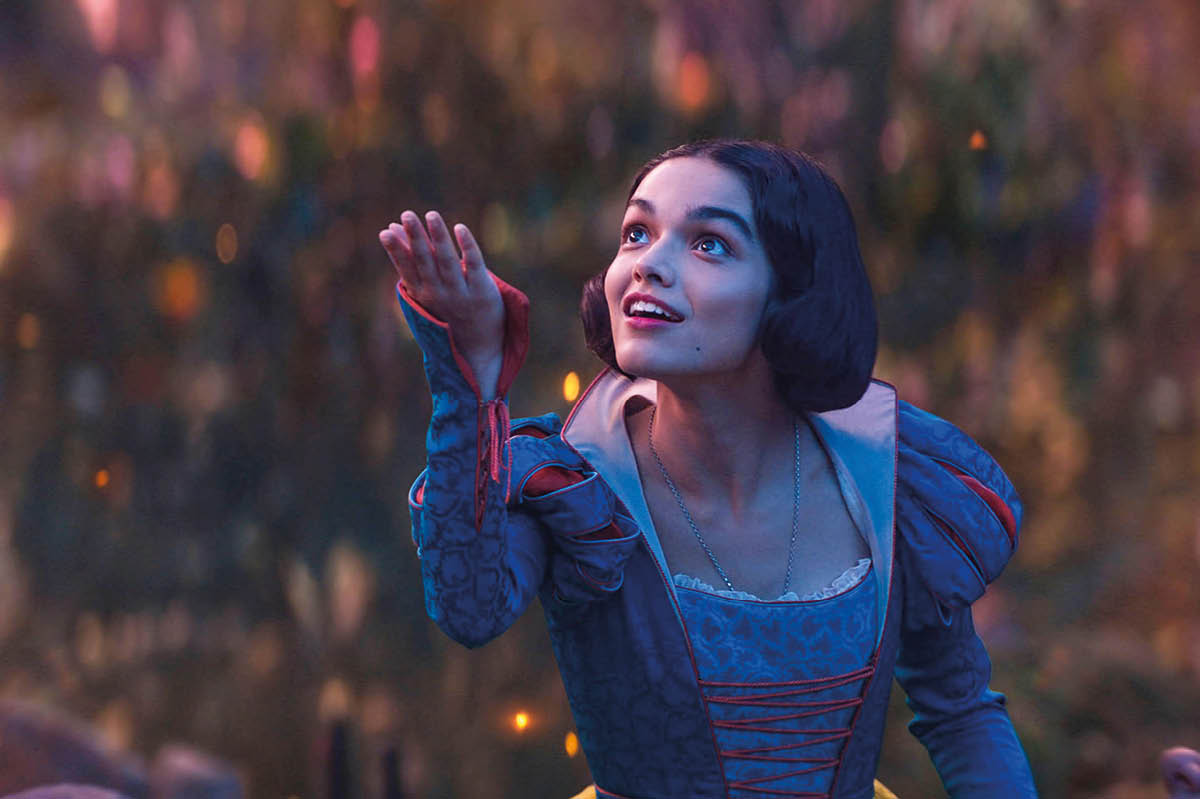Few filmmakers today have as commanding a presence behind the camera as Christopher Nolan (The Dark Knight Trilogy, Interstellar, Dunkirk, Tenet). He’s one of maybe a handful of auteurs interested in telling thrilling big screen stories in the theater. This past summer, while his film Tenet was being used as an experiment to see if people were ready to return to theaters, studios were making other plans for the future. Nolan, however, does not intend to go down quietly.
Shortly after Warner Bros announced it would release its full slate of 2021 films on the HBO Max streaming service the same day they premiered in theaters, Nolan let his industry have it:
‘Some of our industry’s biggest filmmakers and most important movie stars went to bed the night before thinking they were working for the greatest movie studio and woke up to find out they were working for the worst streaming service.’
Nolan’s claim that Warner Bros did not give the talent or filmmakers involved with these pictures any prior notice of its decision is stunning. He further suggested that it was a calculated move to take advantage of short-term profit rather than a long-term investment in the return of movie theaters.
‘I think all of the studios know that the movie theater experience will bounce back and be a very important part of the ecosystem long-term,’ Nolan said. ‘What you have right now in our business is a lot of the use of the pandemic as an excuse for sort of grappling for short-term advantage. And it’s really unfortunate.’
Nolan is correct in that studios stand to lose possibly millions of dollars on these films, which were completed long before the global shutdown of theater chains. Nolan is not a money man; he understands the financials of making and selling films to the public, but seems to resent its influence on art. It is why his films aren’t cheaply slapped together productions saturated with CGI and sold as 3D gimmicks. He also recognizes that studios opting for the short-term gain could have large ripple effects throughout the entire industry.
‘Warner Bros had an incredible machine for getting a filmmaker’s work out everywhere, both in theaters and in the home, and they are dismantling it as we speak,’ he explained. ‘They don’t even understand what they’re losing. Their decision makes no economic sense, and even the most casual Wall Street investor can see the difference between disruption and dysfunction.’
[special_offer]
Filmmaking has always been a business clashing with an art form, and Nolan is unfortunately fighting an uphill battle in a post-COVID world. Even the most devoted cinephiles may opt to stay home for a quiet night on the couch with their 72-inch flatscreen and home surround sound, where they are guaranteed that no obnoxious stranger talking three seats away or a random cell phone going off at a crucial moment ruins their viewing experience.
As home theater technology improves, so will the pull for families to avoid trudging to the theater and shelling out $50-100 on tickets, snacks, and gas. Theaters simply cannot survive on featuring one Christopher Nolan tentpole movie every four years. They may have to innovate and slim down from the giant multiplex theme park extravaganzas they’ve become, and even make changes to the types of projects they approve for production and marketing.
Nolan is right to skewer home streaming deals, which all too often produce original films and series that feel cheap and buried (Disney’s Mandalorian being an exception). But in order to stop the train leaving the station, he will have to also offer solutions to a struggling industry. Given that Nolan is both an old school filmmaker and an innovator in combining modern technology with grand storytelling, Warner Bros and other studios would be wise to listen to whatever he comes up with.

























